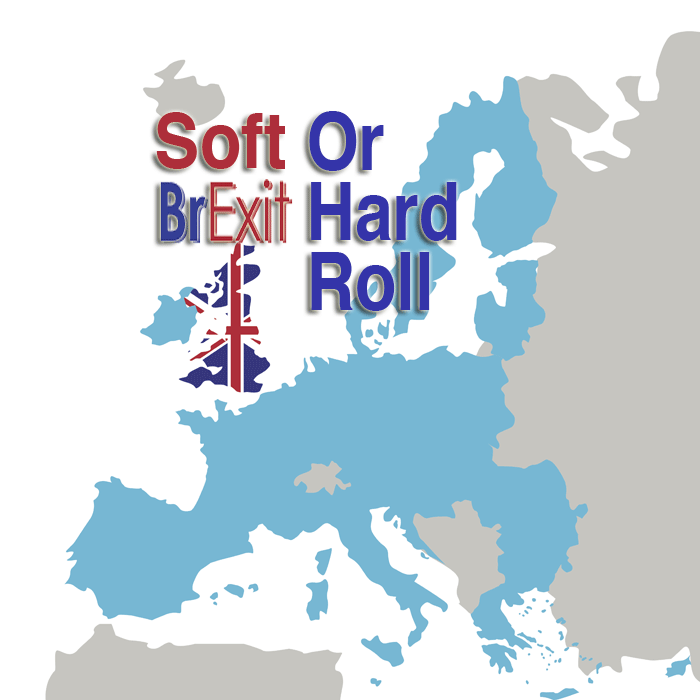
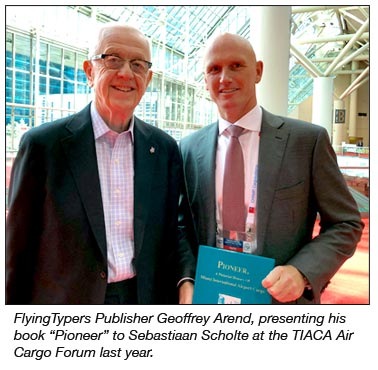 (Part
two of two). For Part One click here. (Part
two of two). For Part One click here.
Both the air cargo sector and its leading
lobbyist and networking body, The International Air Cargo Association
(TIACA) face multiple challenges this year.
While the latter has had well-publicized
funding issues, ‘air freight’ is staring at trading headwinds
in the shape of Brexit, the damaging Transpacific trade war and economic
slowdowns in China and the EU.
All of which made it the perfect time to
catch up with Sebastiaan Scholte, the ever agreeable and forthright chairman
of TIACA, and the chief executive of Jan de Rijk Logistics.
Hopscotching
The World
Scholte told FlyingTypers, he was
concerned about slowing growth in China, not least because it could impact
European exports.
But he also argued this should be placed
in context, the context being that although the Chinese economy is slowing
down, this is not unusual for a wealthy country. Moreover, he noted, “it’s
still growing at over 6%”.
Volumes Moving On Up
And, while there are signs of economic slowdown
in the Eurozone and China, and the trade war between the U.S. and China
“adds insecurity,” global air freight volumes “are also
still increasing.”
More difficult to reconcile has been the
UK’s flailing efforts to reach a ‘Brexit’ deal with
the EU, which, as FlyingTypers has previously illustrated, is
continuing to cast a shadow over European and global air freight.
Uncertainty
Rules
“If we knew what was going to happen
with the end of Brexit, if we knew what was going to happen between the
U.S. and China, then I think as an industry we’d be okay,”
Sebastian said.
“But I think the biggest factor right
now, and what I hear from shippers also, is this insecurity.”
How About
No Deal?
The uncertainty around Brexit is exacerbated
by the possibility of a ‘no-deal’ Brexit, which most analysts
and economists expect will be hugely disruptive to supply chains, as well
as economically disastrous for the UK and damaging for the EU. This becomes
the default, should no alternative be agreed upon between the two parties
by March 29, when the UK is scheduled to exit.
A no-deal Brexit will, according to UK contingency
planning, mean reverting to trade under World Trade Organization rules.
This will mean higher tariffs, new permits for trucks and drivers, and
cargo will need to comply with whatever customs arrangements can be hurriedly
agreed between the UK and the EU.
Huge delays are expected at ports, the Channel
Tunnel and airports.
A Hit That
Will Leave a Mark
Jan de Rijk Logistics handles 20,000 crossings
a year between the UK and continental Europe, much of it moved under airway
bills between European airports, so Scholte has much at stake, as Brexit
is thrashed around.
“Because of the considerable exposure
that we have, sometimes I’m invited by the Dutch Government to talk
a little bit from a business point of view about it,” he said.
“A lot of people ask me, what do you
do to get prepared?
“There’s so little we can do,
unfortunately.”
Best Surprise
Is No Surprise
“The best thing that can happen is
that [Brexit] doesn’t happen. But if it happens, we hope it’s
smooth because a no-deal Brexit and World Trade Organization rules is
a disaster.
“If there are waiting times at borders,
that’s going to be a disaster.
“The infrastructure is simply not
ready for it. It cannot cope with delays.
“Not at the tunnel, not at certain
ports.
“There is no Customs capacity, or
space to do checks.”
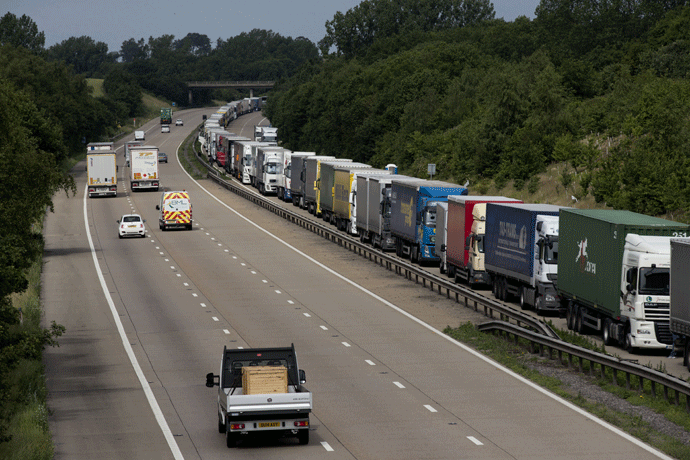
Warp
Speed In The Slow Lane . . .
Lorries stand queued up between junctions
8 and 9 of the M20 motorway as seen from the A20 road near Ashford,
Southeast England, as a result of the port workers strike in 2015.
Now concern is raised that yesterday
could be today, post Brexit. |
The Big Truck
Line Up
Mr. Scholte declared that “any new
system post-Brexit would need to be built on pre-clearance and zero border
delays so cargo could move freely as it does now under airway bills, for
example, Frankfurt Airport by truck to catch a British Airways flight
in the UK to Chicago.
“Anything less would gradually see
a re-ordering of European supply chains, and the role of UK airports,
as part of that logistics landscape.
Hurry Up
& Wait
“What I hear is, that they won’t
allow any paperwork at borders,” he said. “They will just
send the trucks back, and they can only join the line when they are all
electronically cleared and have everything in order.
“So for me, hard Brexit, soft Brexit
or no deal, of course I have an opinion on that, but from a trucking and
air freight perspective, please let there be a seamless border crossing
with no waiting times, so everything is electronic.
“We cannot afford to have huge lines
on each side of the border especially from the UK perspective, because
the UK depends a lot more on products from the EU than vice versa,”
Sebastiaan Scholte said.
Next: Fold In ACF Recipe For TIACA Future
SkyKing
|
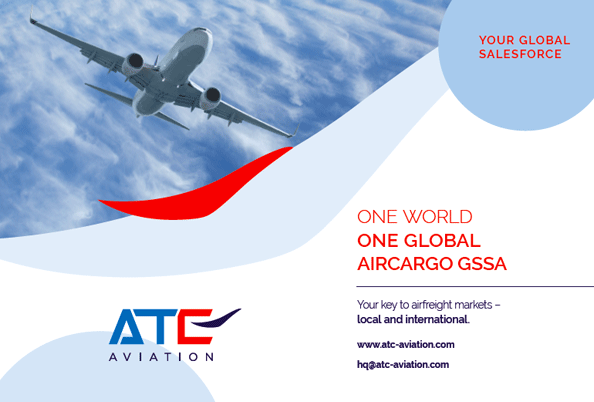



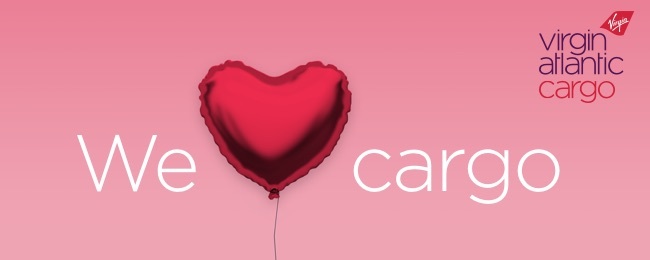
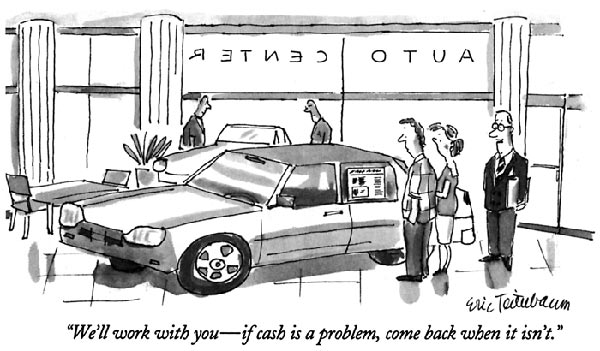

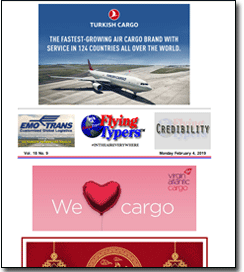 Vol.
18 No. 9
Vol.
18 No. 9